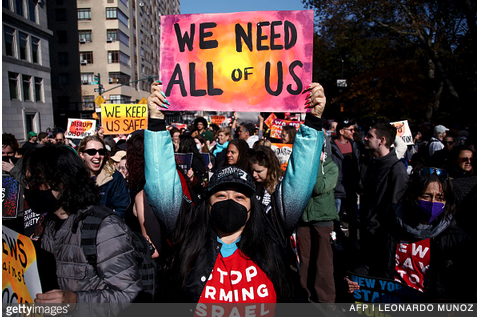10/08/2020 12:40 PM PDT (see full bulletin at https://content.govdelivery.com/accounts/ORLEG/bulletins/2a43f4a)
|
What’s next?
With a month of immediate emergency response under our belt, what comes next? So much needs to be done that it’s hard to know where to start.
A necessary place is clearing the debris. If we didn’t already know the scale of this disaster, consider the estimate that just came in for fire clean-up in Jackson County alone: $186,475,600. Normally FEMA would pay 75% of the cost, leaving the last quarter to state, local and private sources. We’re working with our congressional delegation to push the federal share higher, bringing the cost to property owners as close to zero as possible. PLEASE NOTE: if your home was damaged or destroyed, you might lose the opportunity to recover costs if you start cleaning up or searching for valuables on your own. The general Jackson County information line, 541-776-7338 (available weekdays from 8am to 4pm), can offer you guidance, as well as information about the “right of entry” process that might affect your property.
After that, how do we rebuild? That question is animating a hundred conversations right now. This Oregonian opinion column co-written by a Talent and a Phoenix City Councilor underscores some of the complexities. It’s possible to envision massive redevelopment of the Highway 99 corridor from Ashland to Medford into a more inclusive and sustainable community than we had before. Smart experienced people have already begun talking about how that could happen. The overarching question is how to fund a broad and bold enterprise. In the past we’ve offered incentives for developers to include modest numbers of affordable housing units in their projects, but the challenge is of a different order of magnitude. The combined damage of COVID, west coast wildfires and climate-related disasters in other parts of the country is drawing us to the kind of historical moment America faced in the 1930s. We’ll need fresh thinking, fresh programs, and a fresh attitude of generosity and connection to meet it.
The Wildfire Economic Recovery Council (WERC)

Last week the Governor created one key forum for this enterprise by naming a Wildfire Economic Recovery Council that includes four state legislators: Pam Marsh and Minority Leader Christine Drazan from the House, and Minority Leader Fred Girod and myself from the Senate. We’ll meet weekly until the end of the year to hammer out the best plan we can for meeting both the near-and longer-term needs of the people and communities that have suffered so much damage.
Planning for two different time frames is a dilemma with no clear answer, with tension between speed and quality. We want to get the thousands of people and hundreds of businesses displaced by the fire back on their feet and secure as soon as possible. At the same time, this disruptive tragedy offers a once-in-a-century opportunity to rectify the problems that an unbalanced economy and dwindling public investment have created over time, a chance to plan and build a south valley community with housing, transportation, employment, school and recreational systems that we could only dream of before. But there’s no way that can happen quickly enough to serve the people desperate for help right now, and to keep them from leaving our communities in order to meet their basic needs. Striking the right balance between recovering quickly and recovering well is bound to be the WERC’s central challenge. I’m glad to be at the table and will keep you posted on what I learn there.



